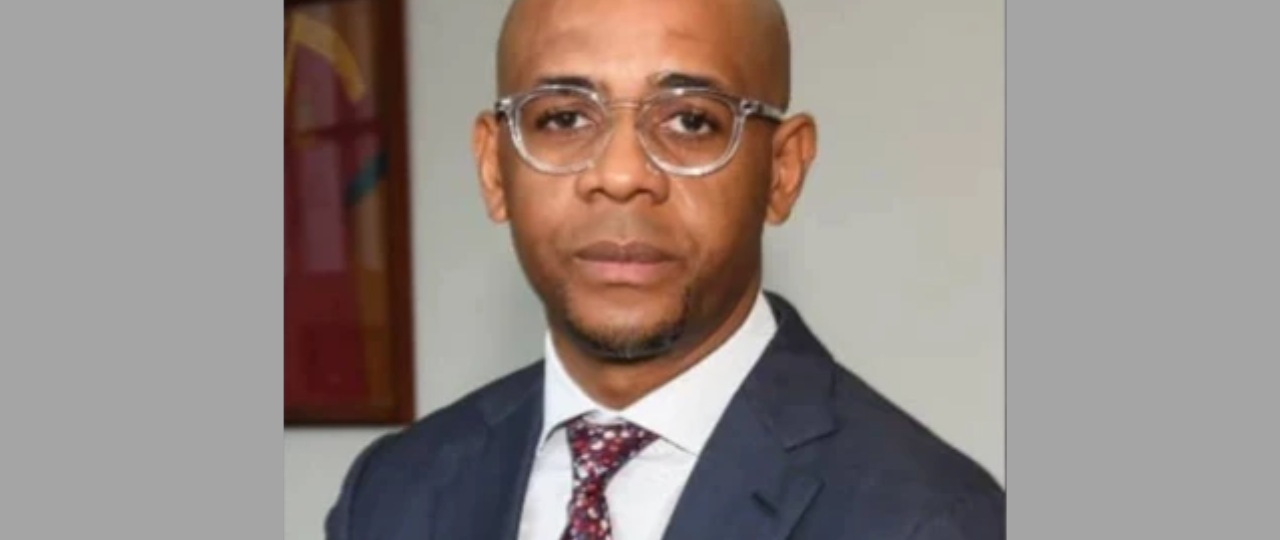Equatorial Guinea Sex Tape Linked to Presidential Succession Crisis
In what appears to be a real-life political thriller, Equatorial Guinea, a small nation in Central Africa, has been rocked by an extensive leak of explicit videos involving a high-ranking official, Baltasar Ebang Engonga. Known by his nickname “Bello,” due to his reputed charm and good looks, Engonga has found himself at the heart of a scandal that some believe is more than just a matter of sexual indiscretion—it may be part of a calculated power play within the country’s ruling elite as they jockey for influence over the future presidency.
The Scandal: Hundreds of Explicit Videos Surface
Over the past two weeks, hundreds of explicit videos featuring Engonga with various women have surfaced on social media, sparking a wave of reactions both in Equatorial Guinea and beyond. The leaked videos, estimated to be between 150 and 400, have caused a scandal by involving not only Engonga but also several women who are reportedly connected to powerful figures in the country. Many of the women filmed were allegedly wives and relatives of prominent officials and close associates of President Teodoro Obiang Nguema.
Equatorial Guinea’s strict control over media makes it difficult to verify the origins of these videos or whether some of the women knew they were being recorded. Yet, many believe the timing of this leak is no coincidence, as it comes at a crucial moment in the country’s political climate, with tensions high over who will succeed the 82-year-old President Obiang, the world’s longest-serving head of state.
Baltasar Ebang Engonga: A Key Player in the Presidential Succession Race
Engonga, a nephew of President Obiang and a high-ranking official in the government, has long been speculated to have ambitions for the presidency. He previously held a key position as head of the National Financial Investigation Agency, where he oversaw efforts to combat financial crimes, including money laundering. However, this position of power did not shield him from accusations of corruption himself.
In late October, Engonga was arrested on charges of embezzling large sums of money from the government and transferring these funds to secret accounts in the Cayman Islands. Following his arrest, he was sent to the infamous Black Beach prison, a facility known for its harsh treatment of political detainees, where he remains under investigation. Shortly after his detention, security forces reportedly seized his phones and computers, which may have provided the source material for the leaked videos.
The Role of Social Media: Scandal Unfolds on WhatsApp, Telegram, and Beyond
The videos first appeared on a Telegram channel known for explicit content and were subsequently shared widely on WhatsApp, quickly gaining traction in Equatorial Guinea. As the scandal snowballed, people began recognizing Engonga and several of the women involved, including some with connections to influential political families. The fallout was swift, with widespread discussion and outrage over the leaks.
Vice-President Teodoro Obiang Mangue, son of the current president, stepped into the public spotlight to contain the scandal, instructing local telecom companies to curb the spread of these videos and publicly condemning the leaks on social media. “We cannot continue to watch families fall apart without taking any action,” he stated, calling for an investigation to identify those responsible for the leak. However, with the seized devices already in the hands of authorities, suspicions have risen that the leak might have originated from someone within the security forces.
A Possible Power Play: Intrigue in the Quest for Presidential Succession
For many analysts and activists, this scandal is far from an isolated incident; rather, it reveals the cutthroat nature of Equatorial Guinea’s internal political battles. With President Obiang’s advanced age and declining oil revenue threatening the country’s once-wealthy economy, speculation is rampant over who will succeed him. The scandal involving Engonga may be part of a calculated effort to undermine his chances.
Equatoguinean activist Nsang Christia Esimi Cruz, who currently lives in London, alleges that Vice-President Obiang Mangue, along with his mother, is working to discredit any potential rivals who might threaten his succession bid. Cruz claims the vice-president, who himself has faced international scrutiny over corruption charges and luxurious spending, aims to use this scandal to tarnish Engonga’s image and eliminate him as a contender.
In addition to Engonga, other high-ranking officials close to the president, including his son from another marriage, Gabriel Obiang Lima, have faced similar efforts to sideline them from positions of power. Lima, who previously served as oil minister, was recently moved to a lesser role, another indication of power realignments within the ruling elite.
Scandal as a Smokescreen for Social Media Crackdown?
While the sex tape leak has captivated the public and thrust Equatorial Guinea into the international spotlight, some activists argue that it may also serve as a pretext for a government crackdown on social media. Platforms like Telegram, Facebook, and WhatsApp have increasingly become sources of information in a country where independent journalism is stifled. Cruz, who advocates for Equatoguinean rights through GE Nuestra, worries that authorities might use the scandal to impose tighter controls on internet freedoms, especially as citizens rely on social media to learn about issues hidden from the public eye.
Indeed, this is not the first time Equatorial Guinea’s government has targeted digital communication. In July, authorities suspended internet access after protests erupted on the island of Annobón. For Cruz and others, the scandal is symptomatic of larger systemic issues: “This sex scandal for us is just a symptom of the illness; it’s not the illness itself. It just shows how corrupt the system is.”
Vice-President’s Efforts to Reclaim the Moral High Ground
Ironically, Vice-President Obiang Mangue, who has faced legal challenges in France over corruption and had luxury assets seized, has sought to frame himself as a reformer, taking a hard stance against corruption and misconduct within his government. Last year, he ordered the arrest of his half-brother on allegations of illegally selling a plane owned by the state airline. Now, he has proposed installing CCTV cameras in government offices to deter any “indecent and illicit acts” among officials. “Any officials found engaging in sex acts at work will be suspended as this is a flagrant violation of the code of conduct,” he stated.
The vice-president’s response to the sex tape scandal reflects both his desire to assert control and his awareness of the potential political damage such incidents could inflict on the country’s image. He has stated that the scandal has “denigrated the image of the country,” and urged government officials to uphold higher standards of conduct.
Global Reactions and Media Frenzy
The story has garnered significant international attention, with Google Trends indicating a spike in searches related to Equatorial Guinea this week. In Kenya, Nigeria, and South Africa, “Equatorial Guinea” became a trending term on social media platforms, eclipsing even topics related to the U.S. election. The scandal has highlighted the often-hidden dynamics within Equatorial Guinea’s ruling class, sparking curiosity and concern around the world.
Activists like Cruz hope that this interest in Equatorial Guinea’s scandal will shine a light on the more profound issues plaguing the nation, from human rights abuses to deep-rooted corruption. “Equatorial Guinea has much bigger problems than this sex scandal,” Cruz emphasized, urging the world to focus on the root issues, rather than the scandal alone.
For now, the explicit videos continue to circulate despite efforts to contain them, and the scandal remains an explosive chapter in Equatorial Guinea’s unfolding power struggle. In a country where political intrigue is as potent as the country’s oil reserves, this scandal serves as both a cautionary tale and a preview of the challenges likely to arise as the fight for power intensifies in the twilight of President Obiang’s long reign.

